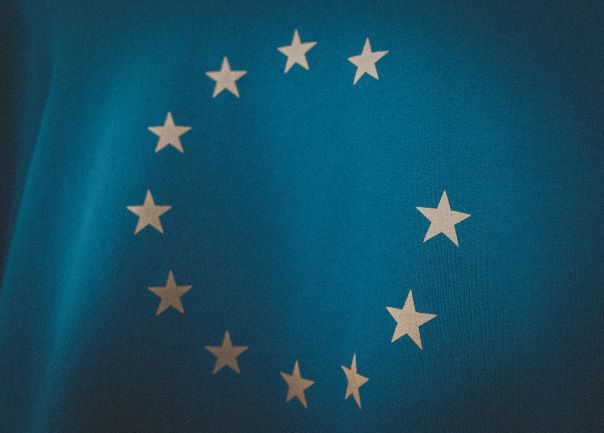The difference between the European Council and the Council of Europe
The titles of these two European institutions sound very similar to one another, making them simple to confuse. We break down the key distinctions between the European Council and the Council of Europe.





